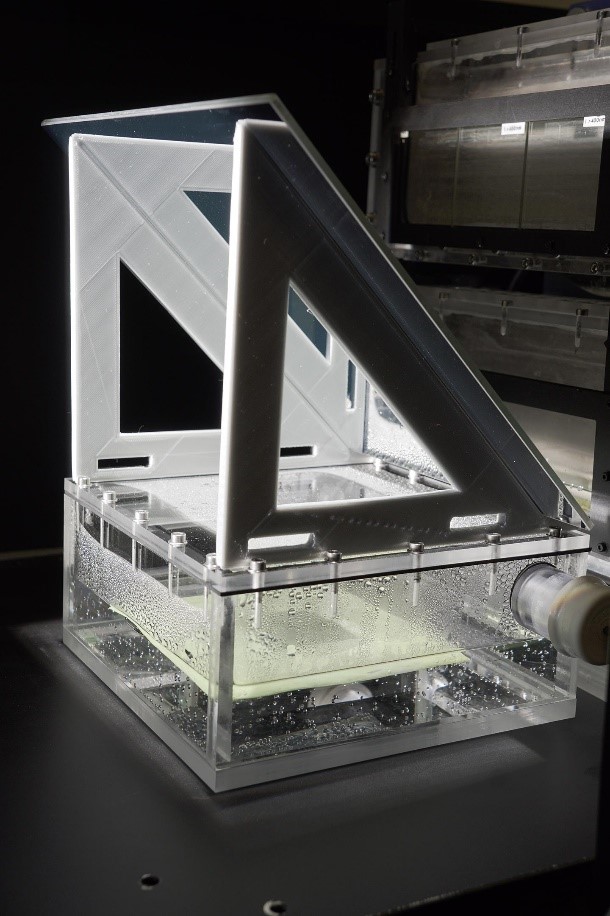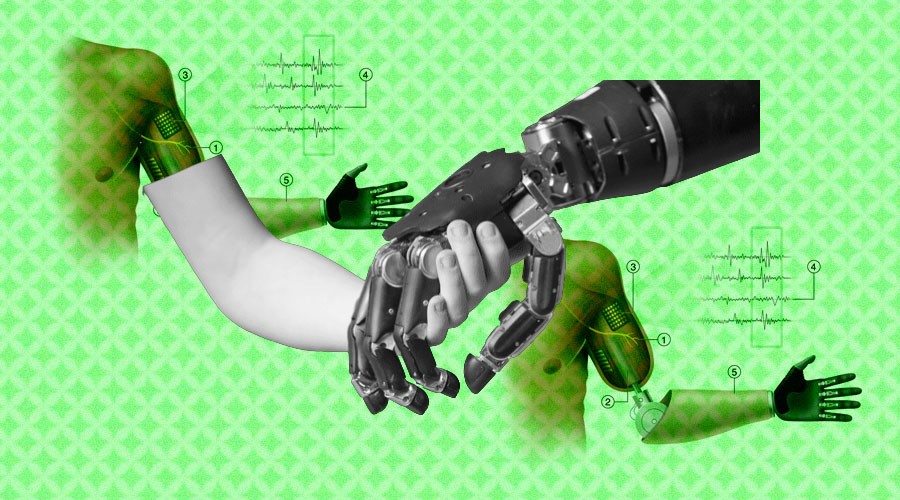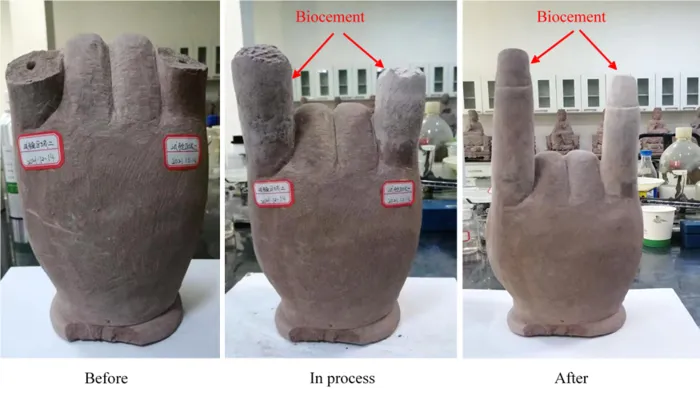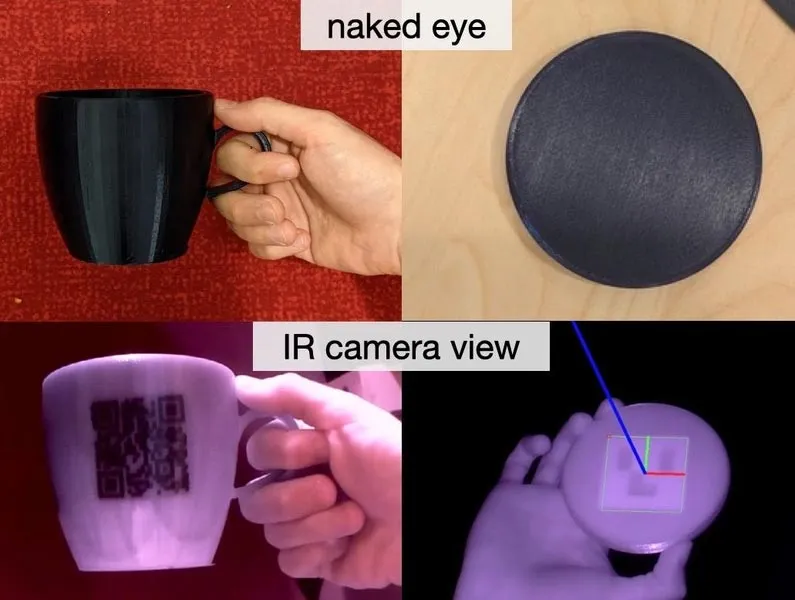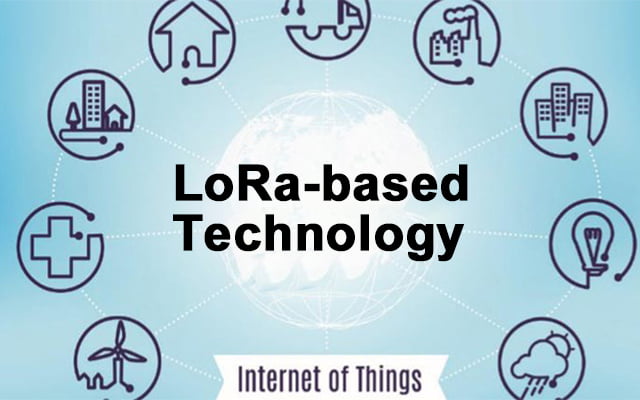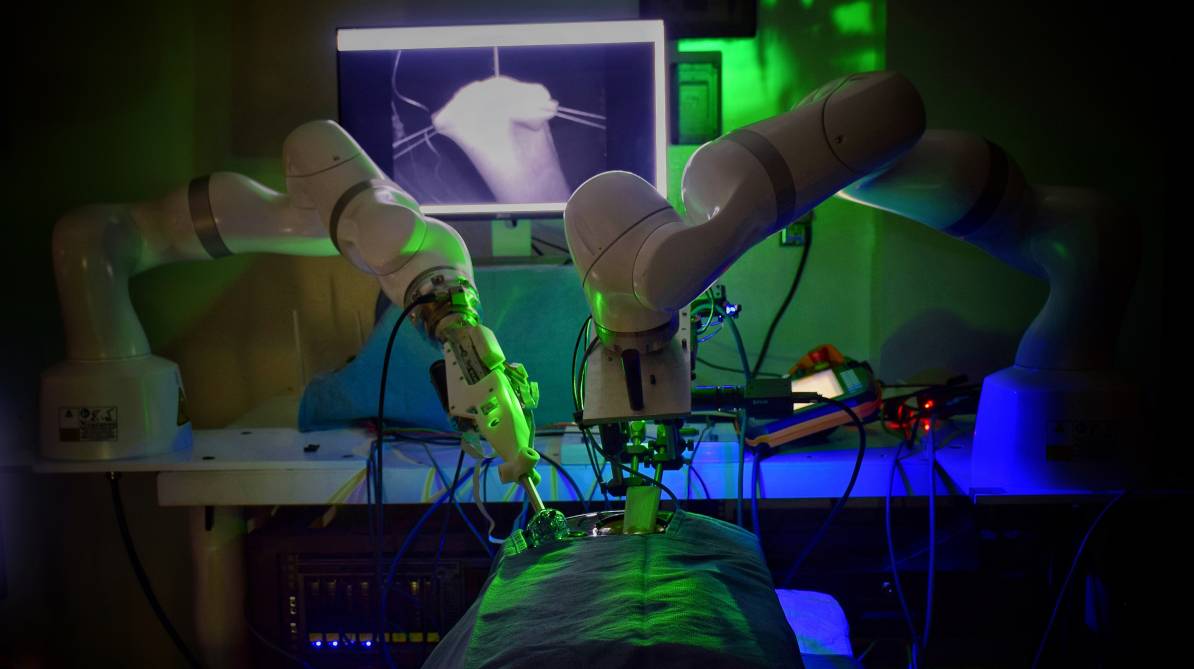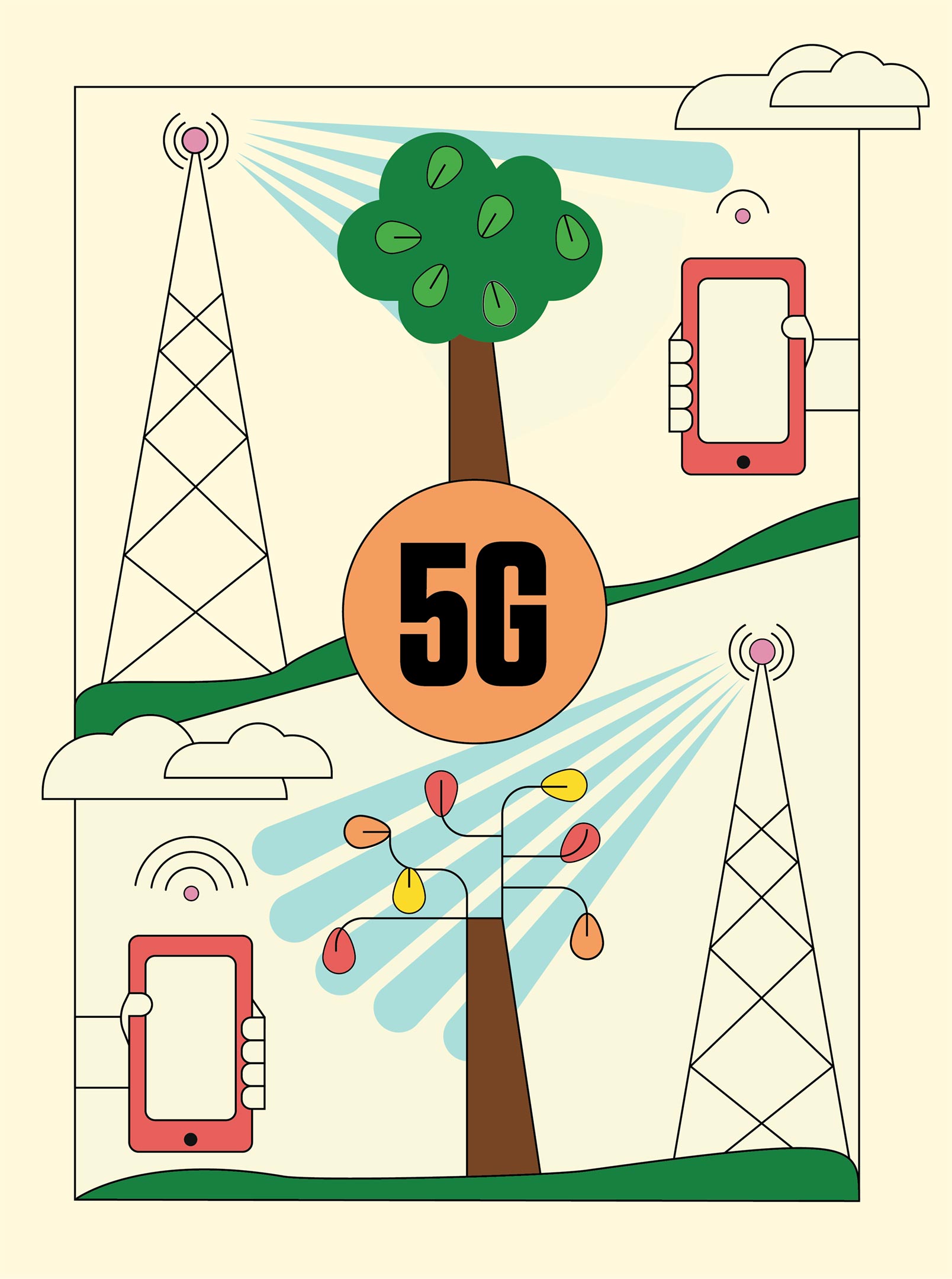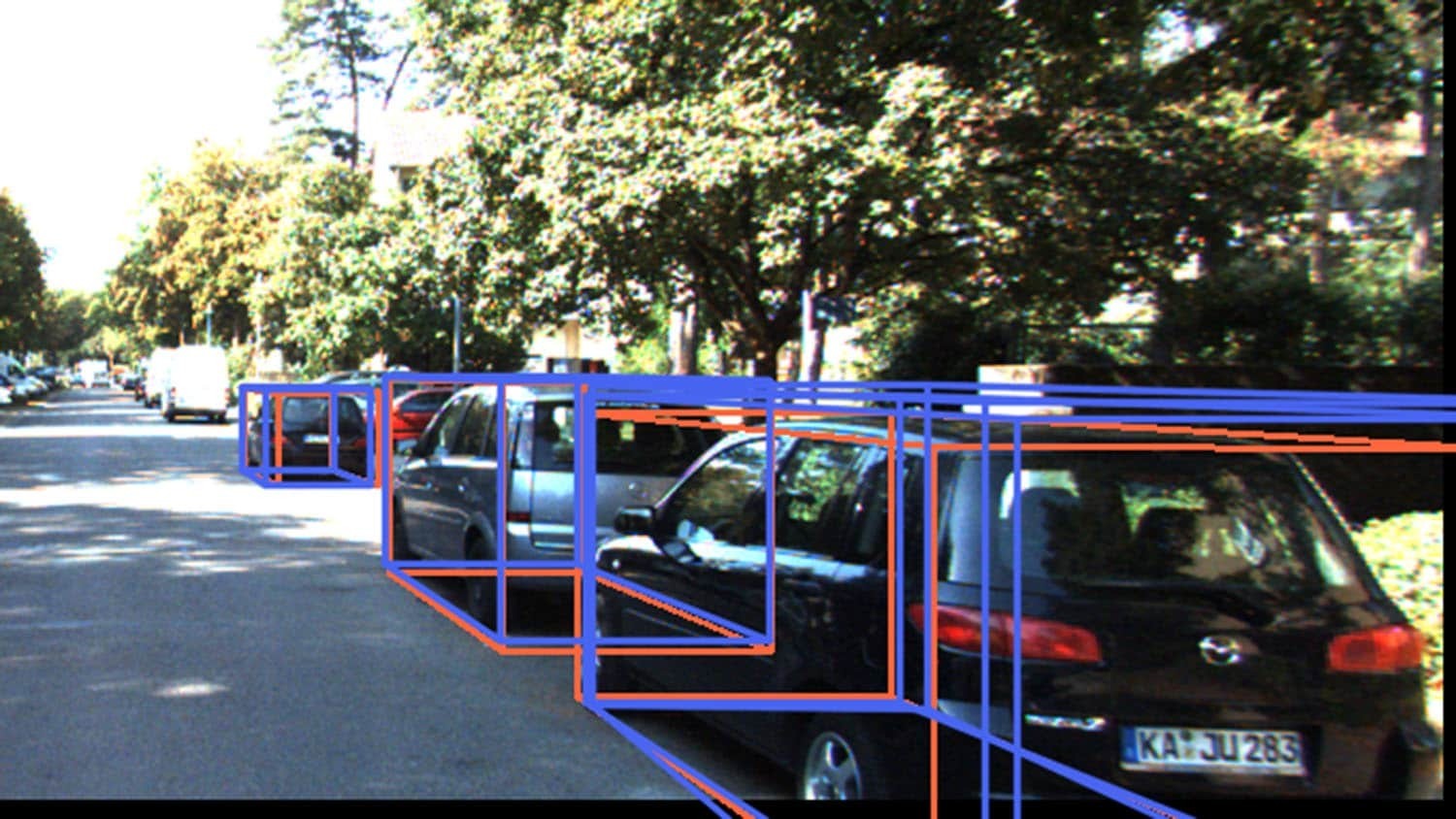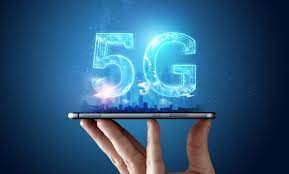
It is only human to treat the metaverse with scepticism – here’s why
Meta and Microsoft's new virtual reality projects have been met with suspicion by many, but history has shown that people are often right to be wary of technological change, says James Ball
HARDLY a day goes by without some new claim promising to bring us closer to the metaverse in the not-too-distant future. Meta (the company formerly known as Facebook) and Microsoft are both enthusiastically pushing virtual reality worlds and staking the future of their multibillion-dollar businesses on our receptiveness to the idea. Vodafone is predicting that smart devices could monitor our health and even our brains by 2030. And Elon Musk has claimed his Neuralink technology may be able to help people with paralysis walk and enable everyone to upload their memories to the cloud within the decade.
On hearing about this, some of us will feel sheer excitement – but others will feel unsure, uneasy or downright opposed. Our habit in recent history has been to shun or scorn those with misgivings on technological progress. It may be time to re-examine that.
There has been a backlash to technology since historical records began. Every new form of communication – from telegram to telephone and beyond – has attracted criticism for increasing the pace of life. Novels were condemned for ruining attention spans, and people once feared that cars travelling at 20 to 30 miles per hour might deprive their passengers of oxygen, perhaps fatally.
The mill might have been more efficient and thus more profitable, but it would take decades of campaigning to distribute those gains even approximately fairly – with the birth of the trade union movement, health and safety laws, the welfare state and more. Seen through that prism, was resistance so irrational?
When we look at the latest hype cycle, while cryptocurrency and metaverse advocates would like to paint sceptics as simply rooted in the past, at least some doubts are well-founded. The reasons to be wary of the next wave of technology are manifold. One is simply whether the technologies in question are where they are claimed to be. Musk, in particular, has a habit of overpromising, whether on travel to Mars, ultra-high-speed trains or self-driving cars. Few in the know take his claims for Neuralink seriously.
Other more imminent metaverse technologies rely on virtual reality, which still largely consists of clunky headsets and odd arm controls – all just to be able to manoeuvre an avatar through an awkward online world. VR has been “the next big thing” for decades and the public has consistently felt otherwise: there isn’t much to do once you are there, the technology gives many people motion sickness and, perhaps most problematically of all, the whole thing just seems irredeemably naff.
Beyond a relatively small group of enthusiasts, health tracking hasn’t caught the wider public by storm, not least because many consumers worry about what will happen to their data. More broadly, while some of us love the idea of uploading our minds one day, others feel an innate horror at blurring such lines.
There is much to anticipate as we bring online and offline worlds together. But we should learn not to dismiss concerns or wariness about this, either. There are many rational reasons for people to take part in the techlash.
What is the Metaverse and how does it work?While the metaverse might sound like a new concept for many, it isn’t. The metaverse has been the acme of many Sci-Fi novels and films, such as ‘Snow Crash’, ‘Tron’, and ‘Ready Player One,’ among others. Author Neal Stephenson is credited for having coined the term “metaverse” in his novel ‘Snow Crash,’ which was published in 1992.
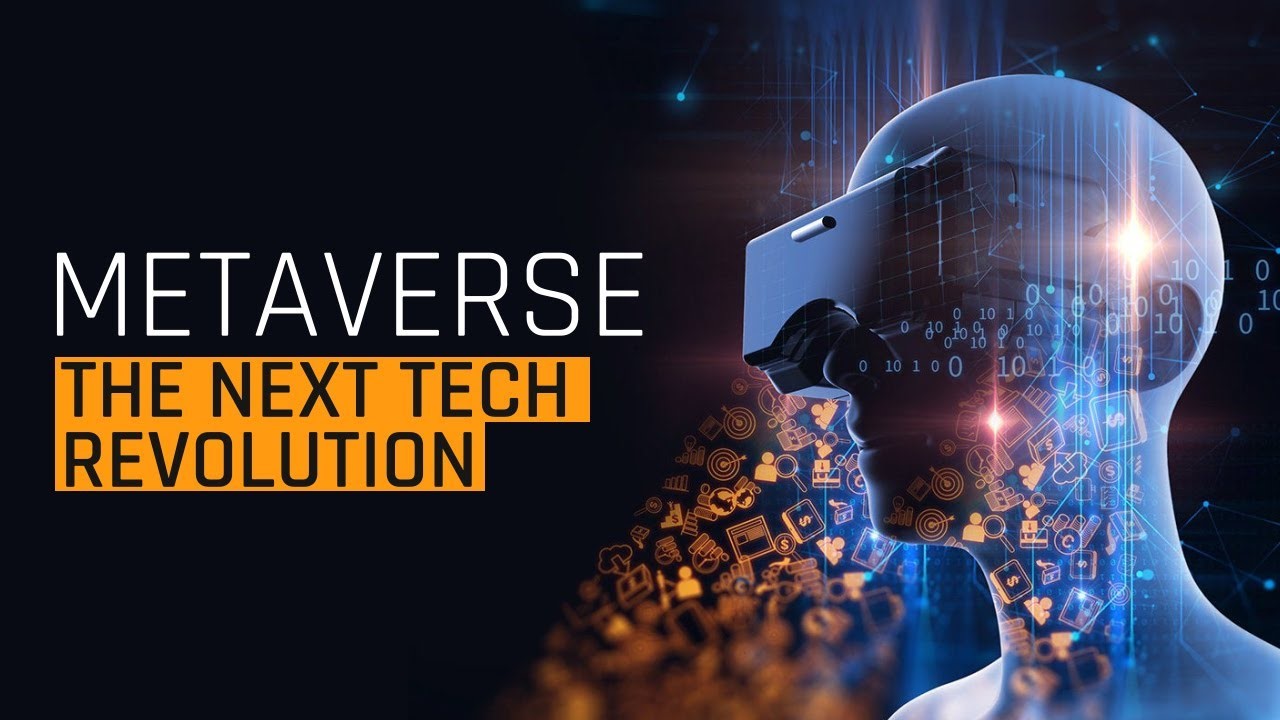
The metaverse is anticipated to be the next phase of the internet, converging augmented reality, virtual reality, and extended reality to allow people to work, socialise, and play.
Simply put, the metaverse is a digital world that has places and things like the physical world and is populated by real people who are represented by avatars. While the metaverse is still in its infancy stage, many believe that its potential will far exceed anything we have experienced thus far. Its development is tied to Web 3.0 – the next phase of the internet – which will incorporate blockchain technology, digital currencies, and non-fungible tokens (NFTs).
Downlink channel parameters for class B are specific to each band. A default channel is defined and can be modified via a MAC command. For the EU863-870 band, the default downlink channel is the 869.525 MHz channel and the Beacon transmission is based on DR3 (SF9, BW 125 kHz) data rate and a coding rate of 4/5.
The mix of all these technologies is expected to significantly impact the world. Bloomberg anticipates that the metaverse’s market will grow to $800 billion by 2024. This denotes how lucrative the metaverse could be in the near future.
Why you should care about the metaverse?While the metaverse isn’t fully developed just yet, many experts agree that it will shape the future of society.
Many futurists, technologists, and investors believe that the metaverse will be the next big thing. Similar to how the internet changed the world, the metaverse may have more impact than that.
Major tech companies are already building solutions and heavily investing in developing the metaverse. Facebook rebranded to ‘Meta’ to highlight its focus on becoming a metaverse company. And Facebook is not the only company that’s heavily investing in this fast-growing space. Microsoft, Disney, Unity, and Epic Games are some of the companies besides Facebook that are investing money and talent into building this new digital realm.
What will we be able to do in the metaverse?The metaverse will present an opportunity for human beings to be present and interact in real-time virtual spaces. Given that the metaverse will most likely be interoperable, people will also have the ability to travel between virtual spaces represented as avatars.
Moreover, the metaverse will also lead to the creation of a thriving virtual economy. Even though the metaverse is still in its infancy, early examples that are already in existence have shown its financial potential.
Given that the metaverse is an extension of the real world, humans will be able to receive and offer similar experiences to what we currently have in the real world.
For example, investors can purchase a plot of digital land in the virtual world, Decentraland, and earn an income by renting it out for a monthly fee. Additionally, artists can showcase their digital artwork in the metaverse and have people purchase them using cryptocurrency.


